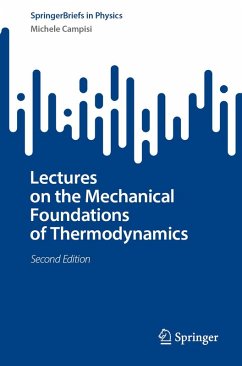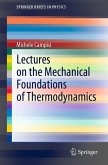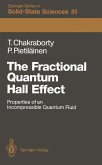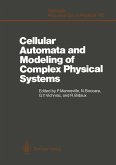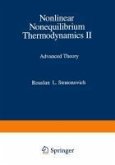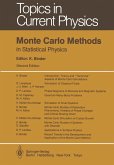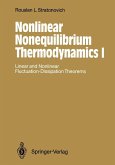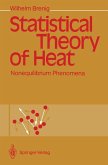This book provides a modern pedagogical exposition of the mechanical approach to statistical mechanics initiated by Boltzmann with his early works (1866-1871). Despite the later contribution by Helmholtz, Boltzmann himself (1884-1887), Gibbs, P. Hertz, and Einstein, the mechanical approach remained almost unknown to the modern reader, in favour of the celebrated combinatorial approach, developed by Boltzmann himself during his probabilistic turn (1876-1884). The brief constitutes an ideal continuation of a graduate course of classical mechanics and requires knowledge of basic calculus in many dimensions (including differential forms), thermodynamics, and probability theory, besides Hamiltonian mechanics. The cornerstone of the whole presentation is the ergodic hypothesis. Special attention is devoted to Massieu potentials (the Legendre transforms of the entropy) which are most natural in statistical mechanics and also allow for a more direct treatment of the topic of ensemble equivalence. In this second edition, a chapter is added that addresses the long-debated question of how the second law of thermodynamics can be reconciled with mechanics, by using modern methods of non-equilibrium statistical mechanics.
Dieser Download kann aus rechtlichen Gründen nur mit Rechnungsadresse in A, B, BG, CY, CZ, D, DK, EW, E, FIN, F, GR, HR, H, IRL, I, LT, L, LR, M, NL, PL, P, R, S, SLO, SK ausgeliefert werden.

